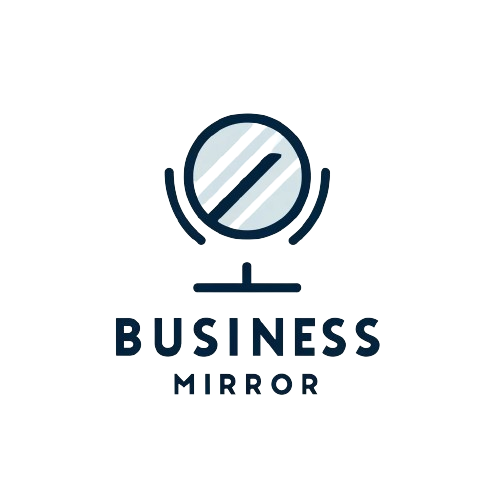Creative Talent – How to Hire Them for Your Organizations
Talent and skill is an important criterion when hiring for creative positions, but personality and character matter as well. You want people who not only have the skills to undertake the work, but also the drive and the motivation to see it through. That said, hiring creative personnel can be a tough proposition for most companies and organizations since there is no set criterion with which to measure talent.
You must hire differently for creative talent than you would for any other professional position. The mindsets are different, and so asking the same types of questions and expecting the same kinds of answers in unrealistic.
In the creative field, you must assess each candidate on a case-by-case basis, and, while doing so, you must keep in mind that some of the most talented people may not shine in the set parameters of the interview process. Creating an ideal candidate profile and expecting potential candidates to match it is not likely to work. If it does and you manage to fit talent into your preselected molds, you are probably going to end up sacrificing creativity for banality.
Some companies and organizations resort to hiring creative staffing agencies to find creative talent for them. This makes sense since these agencies are more experienced in this type of hiring and, moreover, have a database of vetted and reliable creative talent. If you are based in a large city like Los Angeles, for instance, hiring a creative staffing agency Los Angeles will save you a lot of time and resources and give you access to some of the best talent available.
In any case, whether you go with an agency or do the hiring yourself, here are some considerations that might help you with finding the right creative talent for your company or organization.
Do they have a long-term vision for their career?
Asking a candidate this question can tell you if they have given any thought to what they would like to be doing in the future and, if so, what steps they are taking daily to move towards that goal. Do they want to achieve things they haven’t yet achieved? Do they want to get better at their skills? Do they want to work on more challenging projects? You want to know if they are interested enough in their current career to plan on continuing with it. If some people answer no, they haven’t given much thought to the future, that’s okay too. At least they are honest. Ask them to consider the question and give you a reasoned reply. There is no right or wrong answer here. Their responses don’t need to meld with your expectations completely. Many creative people are too original to want to conform and asking them to conform to your ideas to get a job is plain wrong. It would help if you only concerned yourself with the fact that they are willing to work with you and can get the work done.
Do they have a diverse portfolio?
Look through their portfolio and see the artwork and design work they have done so far. Do they specialize in one thing, or have they tried a lot of different things? A diverse body of work can be better than narrow specialization. It shows that they have different interests and capabilities, that they can think about different things and come up with different ideas. Is everything in the portfolio work they have done for clients? Are there any personal, self-directed projects? The latter will probably tell you more about what they are capable of since there are no clients to please with these. Personal projects also show that the candidates can take initiatives and have the motivation to get work done from start to end. You want people like this in your company.
What are they looking for in a job?
While a good salary is undoubtedly an important factor, it is not the only one for many creatives. They would rather have a job in a congenial environment where they can do work that motivates them the most and which allows them the opportunity to express their creativity to the maximum. If you want to hire such creative people, you will have to present your company or organization as a place in which they will thrive. Talk to them about creative benefits, but don’t trivialize monetary benefits. If you offer low pay, they will think their talent isn’t being valued and will look elsewhere.








